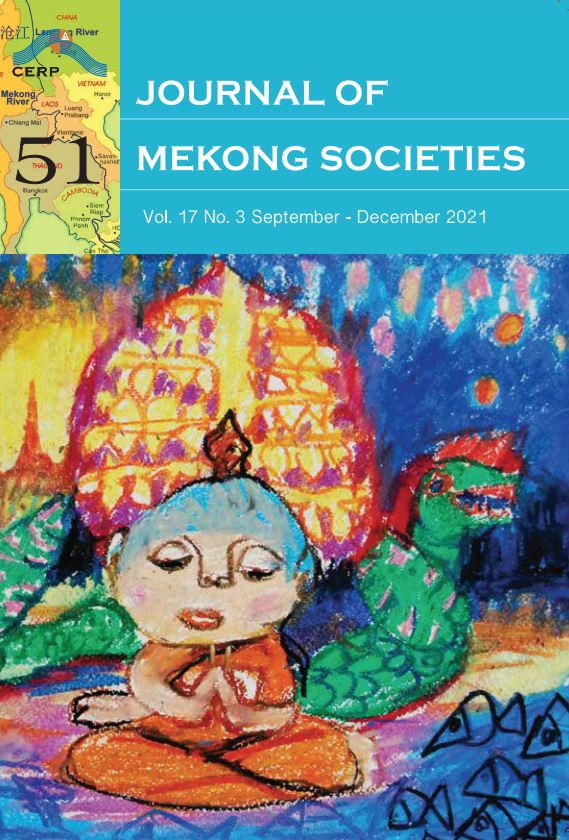Critical Pedagogy for Transforming Literacy Education at Border Schools in Thailand
Main Article Content
Abstract
The English language is in high global demand in political, economic, and social contexts, yet marginalized students living near the border of Northeastern Thailand are impeded toward upward socioeconomic mobility due to incompetence to communicate in English. Teachers, as frontline gatekeepers, should empower the students and help them attain academic achievement. In doing so, language teachers must be critically conscious of the untapped potential of marginalized students to acquire linguistic and cultural capitals through English literacy education. This paper aims to introduce critical pedagogy as an alternative for teaching English literacy to marginalized students in the borderland school context in the northeastern region of Thailand. Having reviewed related literature, conducted field visits to a school near the border of Laos in the Northeastern region of Thailand and had informal conversations with the teachers in the school in the area, the authors proposed three basic conditions that need to be considered in order to optimize the use of critical pedagogy. These are students’ family and community backgrounds, teachers’ experience, and institutional restrictions. Moreover, suggestions for implementing critical pedagogy in this specific context
are proposed: 1) deconstructing the oppression which students encounter; 2) transforming real-life experience into knowledge; and 3) negotiating between transformative theory and reality to accommodate difficulties in teaching English literacy.


